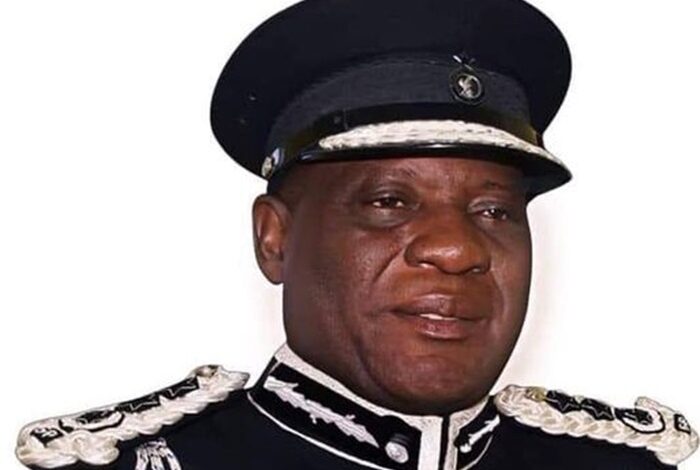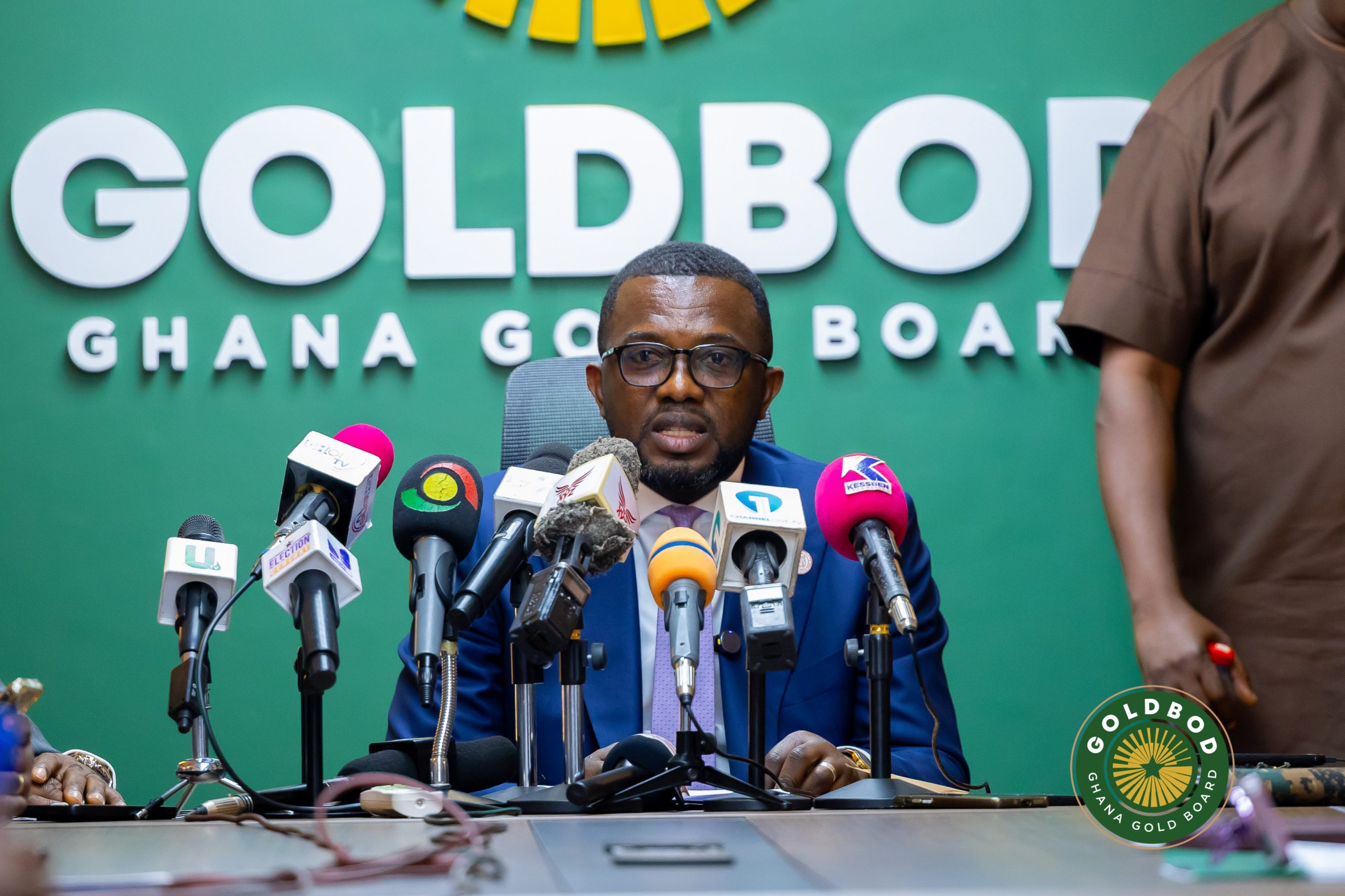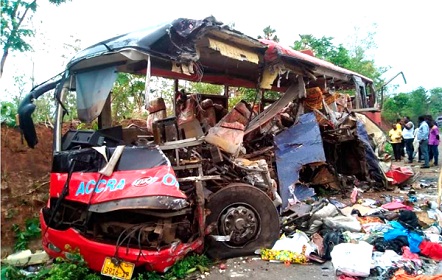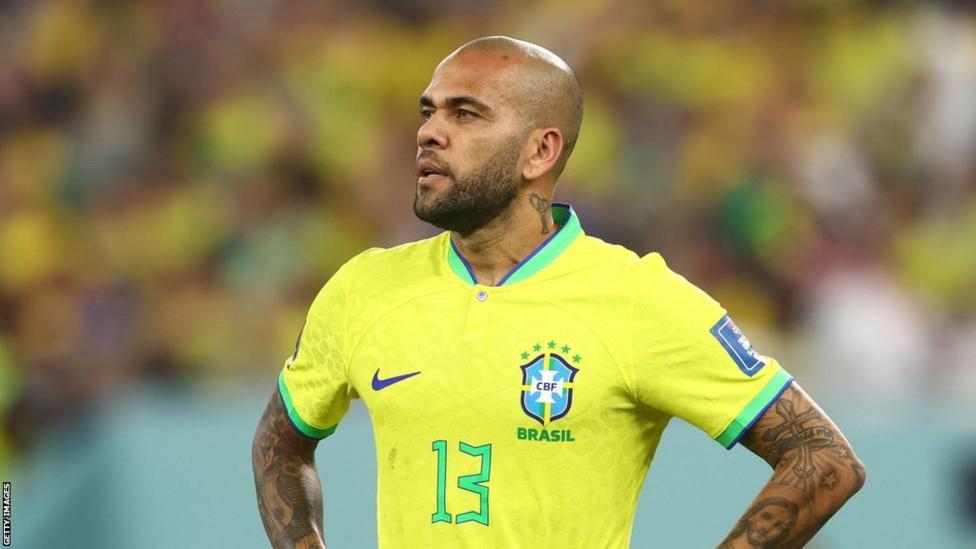The Deputy Inspector General of Police (IGP) in charge of operations has launched a legal offensive against Blessed Godsbrain Smart Yirenkyi, Alias Captain Smart, the host of the controversial talk show “Onua Maakye,” accusing him of spreading malicious lies aimed at destroying his impeccable reputation.
This dramatic lawsuit also targets Onua FM and Onua TV, the platforms that aired the alleged defamatory content.
The plaintiff, COP Christian Tetteh Yohuno a revered senior officer of the Ghana Police Service, boasts a glowing career marked by both local and international acclaim. From leading United Nations Peacekeeping Missions in East Timor and Bosnia to serving as Ghana’s Director-General for Operations, his contributions have been widely celebrated.
In 2011, his exceptional service earned him the prestigious Grand Medal State Honour for cracking down on armed robbery and other criminal activities.
The Explosive Allegations
The first defendant, a prominent host of the “Onua Maakye” programme broadcast on Onua FM and Onua TV—platforms owned by the second defendant, a well-known media company—allegedly made the contentious statements during a broadcast on December 27, 2024.
According to the plaintiff’s claims, the host accused him of:
1. Participating in meetings that allegedly led to his appointment as Deputy IGP for political reasons.
2. Visiting homes of National Democratic Congress (NDC) officials, falsely claiming to be a member of the party while holding allegiance to the New Patriotic Party (NPP).
3. Engaging in bribery by paying money to influence his potential appointment as Inspector General of Police.
4. Procuring individuals to destabilize 27 constituencies as part of an alleged covert operation.
These allegations, the plaintiff asserts, were published on social media platforms, including Facebook, significantly amplifying their reach and impact.
Plaintiff’s Response
The Deputy IGP categorically denies the accusations, labelling them as entirely false, malicious, and defamatory.
He contends that his appointment as Deputy IGP was based solely on merit and that he has no involvement in the purported political manoeuvring or bribery.
The plaintiff further states that these allegations were designed to tarnish his reputation, undermine public confidence in his integrity, and expose him to ridicule and contempt.
“The statements were calculated to create public disaffection for me,” the plaintiff’s legal documents state, adding that the allegations have caused professional colleagues, relatives, and associates to express concern and fear over the impact of these defamatory claims.
Legal Demands
The plaintiff seeks the following remedies from the court:
1. A declaration that the statements made and published by the defendants are defamatory.
2. General damages for defamation against both the host and the media company.
3. An injunction to prevent further publication of similar defamatory statements.
4. A public retraction and unqualified apology from the defendants, are to be published across media platforms, including three announcements on radio in the Upper West region.
5. Legal costs and any other orders the court deems appropriate.
Implications for the Media
This lawsuit underscores the growing scrutiny of media platforms and their accountability for the content disseminated through traditional and social media channels.
The case highlights the legal risks broadcasters and journalists face when accusations lack substantiated evidence, particularly when such claims could harm the reputation of high-ranking public officials.
As this case unfolds, it promises to be a landmark moment for Ghana’s legal and media landscape.





